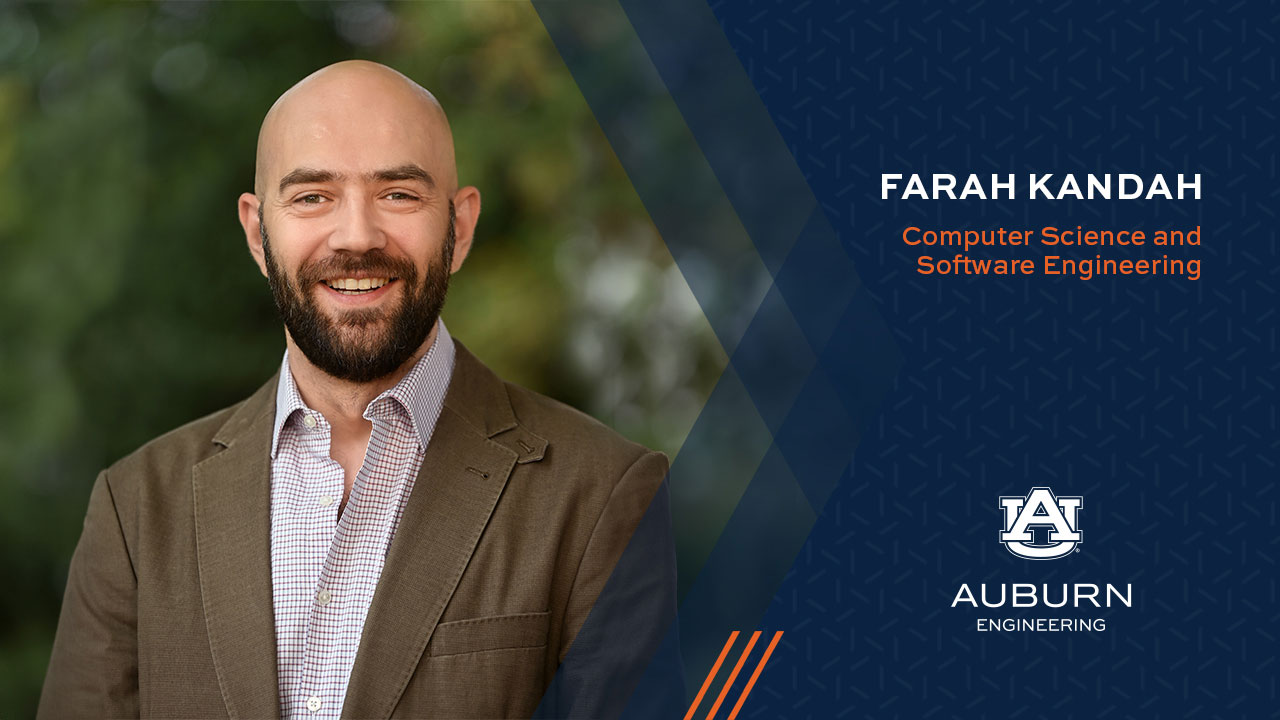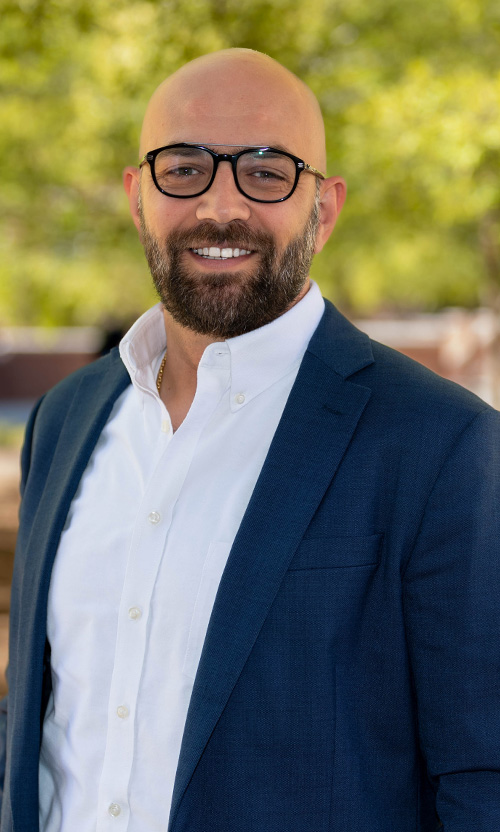Associate professor in CSSE given $116K NSF grant to help develop quantum computing education programs
Published: Nov 1, 2023 9:00 AM
By Joe McAdory
Farah Kandah, associate professor in computer science and software engineering, is convinced that quantum computing and information science will, in the future, offer the most performant means to process and share critical information needed for 21stcentury information systems.
In alignment with the National Quantum Initiative Act and continuing the leadership of the United States in quantum information science and its technology applications, students must be educated on the fundamentals and emerging applications now and in the future.
“Quantum computing devices can perform complex calculations faster than conventional computers,” said Kandah. “That’s a great tool for organizations who can use quantum computing for modeling and high-speed data analysis and predictions. The applications of quantum computing and quantum internet are vast, varied and have a plethora of uses in many domains, including drug and materials development, finance, climate change, and cyber and information security.”
But there’s a problem.
“We don’t have enough people who understand how to utilize this technology,” Kandah said.
Kandah, however, hopes to be part of a solution. His collaborative project, “Creating and Sustaining a Diverse Community of Expertise in Quantum Information Science (EQUIS) Across the Southeastern United States,” was awarded a three-year, $116,750 grant from the National Science Foundation (NSF). Kandah is the project’s principal investigator (PI).
With experts and collaborators from Tennessee-Chattanooga, Tennessee Tech, Fisk University and Middle Tennessee State, the project will introduce quantum information science and engineering (QISE) education to partnering institutions in the southeast, including first-generation college students, women, and historically underrepresented populations in science, technology, engineering, and mathematics (STEM).
“The project aims to support experiential learning opportunities for individuals from diverse professional and educational backgrounds that will increase access to, and interest in, career pathways in these emerging technology fields,” Kandah said. “We expect a yearly cohort of 25 to 30 students, who will take two QIS courses, participate in hands-on workshops, and do summer research with faculty.”
Kandah believes such a program can serve as a blueprint for similar programs nationwide to follow.
“Quantum technology, using QISE concepts, has the potential to change the world,” Kandah said. “For this emerging field, educating the workforce and broadening participation in QISE now are crucial to prepare future generations for related emerging technology fields and enabling them development of QISE practical applications.”
Media Contact: , jem0040@auburn.edu, 334.844.3447
Farah Kandah is principal investigator on the project, "Creating and Sustaining a Diverse Community of Expertise in Quantum Information Science Across the Southeastern United States.”


